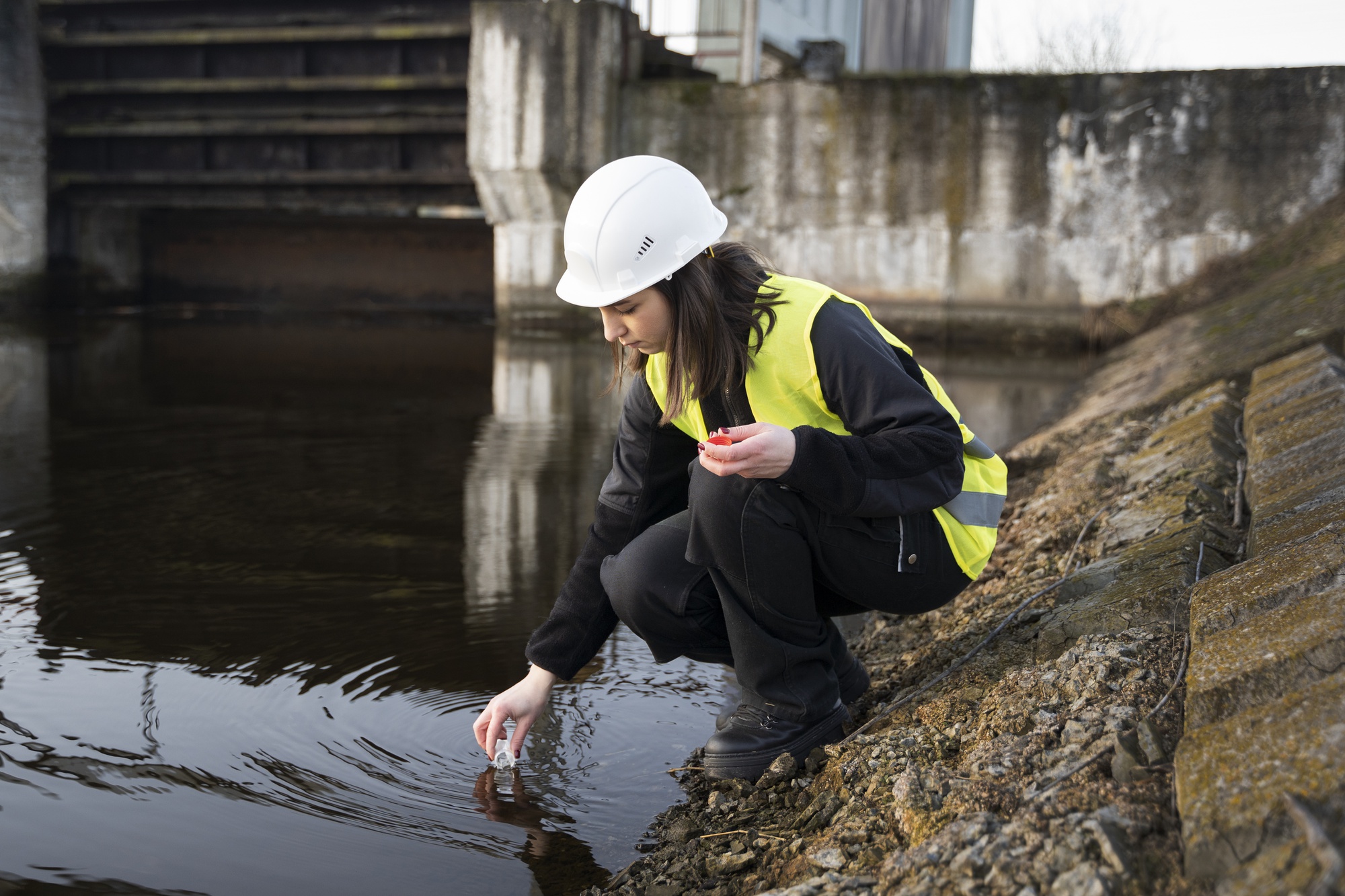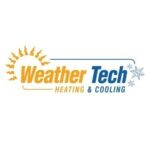
A leaking furnace can be a frustrating and unexpected problem, especially during the colder months when you rely on it the most. Many homeowners are surprised to find water pooling around their heating system, but this issue is more common than you might think. Understanding the furnace leaking water causes can help you take quick action before minor leaks turn into costly repairs.
At Weather Tech Heating and Cooling, we’ve seen firsthand how furnace leaks can lead to serious damage if left unchecked. Here are five common reasons your furnace might be leaking water and what you can do to prevent expensive repairs.
A Clogged or Damaged Condensate Drain Line
One of the most frequent causes of a leaking furnace is a clogged or damaged condensate drain line. High-efficiency furnaces produce condensation as part of their heating process, and this moisture is directed away through a drain line. If the line gets blocked by dirt, debris, or mold, water can back up and start pooling around the furnace.
To prevent this issue, regular maintenance is key. Flushing the drain line with a mixture of warm water and vinegar can help keep it clear. If the clog is severe, you may need professional assistance to remove the blockage safely.
A Faulty Condensate Pump
In some furnace systems, a condensate pump helps push excess moisture out of the unit and into a drain. If this pump fails or becomes clogged, the water has nowhere to go, leading to leaks around your furnace.
Checking the condensate pump periodically for any signs of malfunction can help you catch problems early. If the pump is broken, replacing it promptly will prevent water damage to your home and HVAC system.
A Cracked or Rusted Drain Pan
Over time, the drain pan under your furnace can develop cracks or rust, which allows water to leak out instead of draining properly. This is especially common in older furnaces that have seen years of wear and tear.
Inspecting the drain pan during regular furnace maintenance can help detect issues before they become serious. If the pan is damaged, replacing it with a new one is a simple and affordable fix that prevents leaks from worsening.
A Clogged or Malfunctioning Humidifier
Many homeowners have whole-house humidifiers attached to their furnace systems to maintain comfortable indoor humidity levels. However, if the humidifier becomes clogged or starts leaking, it can cause excess moisture to accumulate around your furnace.
To avoid this issue, inspect and clean your humidifier regularly, especially during the heating season. Replacing old or faulty humidifier parts can also help keep your system running smoothly without unwanted leaks.
Issues with Hot Water Heaters in Winnipeg
In some cases, what appears to be a furnace leak might actually be coming from another nearby appliance, such as your hot water heaters in Winnipeg. If your water heater is leaking, the moisture can pool around your furnace, making it seem like the furnace itself is the problem.
To determine whether your furnace or water heater is the culprit, check for signs of leakage around the base of each unit. If your water heater is leaking, it may be due to a faulty pressure relief valve, a corroded tank, or a loose connection. Addressing these issues quickly can prevent further water damage and system failure.
How to Fix a Leaking Furnace and Prevent Future Problems
If you’ve discovered a leak around your furnace, the next step is to take action before the problem gets worse. Understanding how to fix a leaking furnace starts with identifying the source of the leak. Here are some key steps to follow:
- Turn off the furnace to prevent electrical hazards.
- Inspect the condensate drain line, pump, and pan for signs of blockages or damage.
- Check the humidifier and surrounding appliances for potential leaks.
- Clean or replace any clogged or broken components.
- Call a professional HVAC technician if the leak persists or if you suspect a major issue.
Preventative maintenance is the best way to avoid furnace leaks in the first place. Scheduling routine inspections and servicing with Weather Tech Heating and Cooling ensures that small issues are detected early before they lead to costly repairs.
